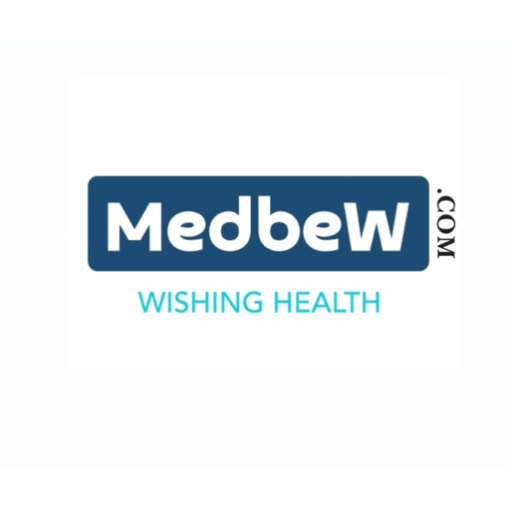Introduction
Hypertension, also known as high blood pressure, is a common condition that affects millions of people worldwide. It occurs when the force of blood against the artery walls is too high, putting extra strain on the heart. If left untreated, hypertension can lead to serious health complications such as heart disease, stroke, and kidney problems.
Fortunately, there are several lifestyle changes and precautions you can take to effectively manage hypertension and improve your overall health. In this blog post, we will explore ten tips to help you control your blood pressure and maintain a healthy lifestyle.
1. Keep Track of Your Blood Pressure
Monitoring your blood pressure regularly is crucial in managing hypertension. Invest in a reliable blood pressure monitor and measure your blood pressure at home. Keep a record of your readings and share them with your doctor during check-ups.
2. Follow a Healthy Diet
A healthy diet can significantly impact your blood pressure levels. Opt for a diet rich in fruits, vegetables, whole grains, and lean proteins. Limit your intake of salt, processed foods, and saturated fats to maintain a balanced and heart-healthy diet.
3. Engage in Regular Physical Activity
Regular exercise plays a vital role in managing hypertension. Aim for at least 30 minutes of moderate-intensity exercise, such as brisk walking, cycling, or swimming, most days of the week. Physical activity helps lower blood pressure and improve overall cardiovascular health.
4. Maintain a Healthy Weight
Being overweight or obese increases the risk of developing hypertension. Take steps to achieve and maintain a healthy weight through a combination of regular exercise and a balanced diet. Losing even a small amount of weight can have a significant impact on your blood pressure.
5. Limit Alcohol Consumption
Excessive alcohol consumption can raise blood pressure levels. If you choose to drink alcohol, do so in moderation. Men should limit their intake to two drinks per day, while women should limit theirs to one drink per day.
6. Quit Smoking
Smoking and tobacco use can cause your blood vessels to narrow, leading to an increase in blood pressure. Quitting smoking is one of the best things you can do for your health. Seek support from healthcare professionals or support groups to help you quit.
7. Manage Stress
Chronic stress can contribute to hypertension. Find healthy ways to manage stress, such as practicing relaxation techniques, engaging in hobbies, or seeking therapy. It’s important to prioritize self-care and take time for activities that bring you joy.
8. Get Sufficient Sleep
A good night’s sleep is essential for maintaining healthy blood pressure levels. Aim for seven to eight hours of quality sleep per night. Create a relaxing bedtime routine and ensure your sleep environment is comfortable and conducive to sleep.
9. Take Medications as Prescribed
If your doctor has prescribed medication to manage your hypertension, make sure to take it as directed. Skipping doses or stopping medication abruptly can cause your blood pressure to rise. Consult with your doctor if you experience any side effects or have concerns about your medication.
10. Stay Informed and Educated
Continue to educate yourself about hypertension and its management. Stay informed about new research, treatment options, and lifestyle changes that can help control your blood pressure. Regularly consult with your healthcare provider to discuss your progress and address any concerns.
Conclusion
By implementing these tips into your daily routine, you can effectively manage hypertension and maintain a healthy lifestyle. Remember, small changes can make a big difference in your overall health. Stay optimistic, stay motivated, and take control of your blood pressure!






